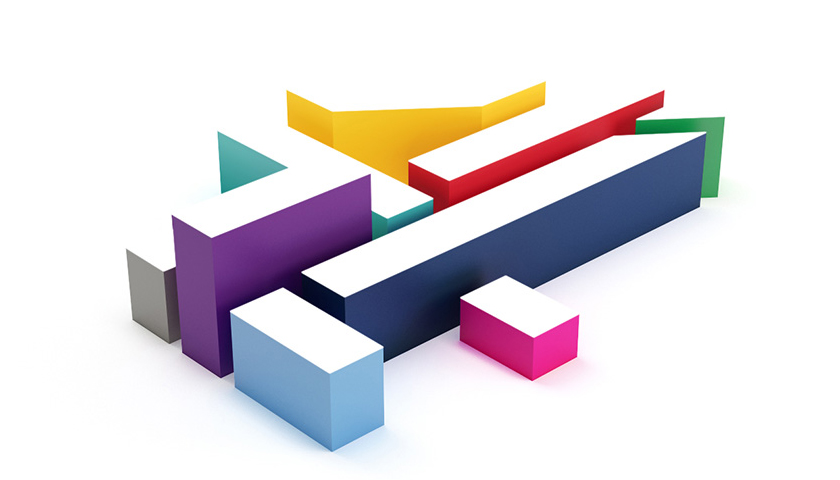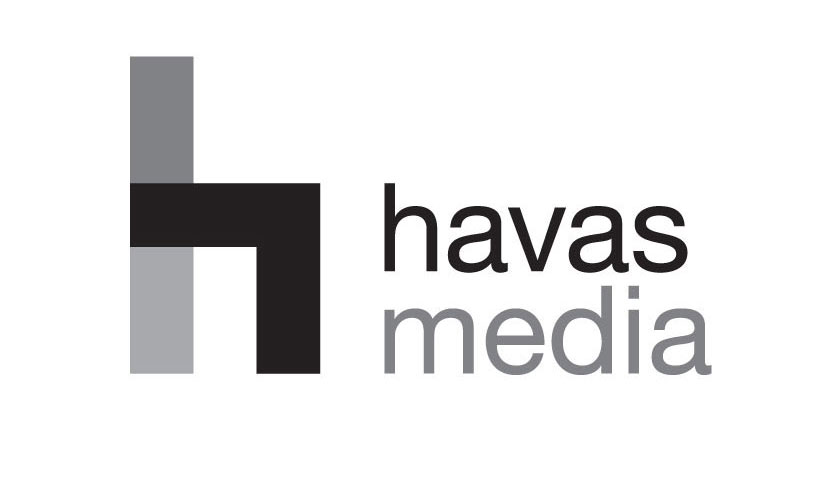Channel 4 & 4Sales have revealed Vanish and creative agency Havas London as the winner of its prestigious £1 million Diversity in Advertising Award 2022.
The 2022 brief encouraged brands to tackle the on-going lack of authentic portrayal and representation of Visible or Non-Visible Disabilities, to which Vanish & creative agency Havas London responded with a powerful and moving idea, created in partnership with charity Ambitious about Autism, to help girls be seen as part of a broader public understanding of autism.
This marks the first time Channel 4 has revisited a theme, having first tasked brands with supercharging their efforts to improve disabled representation in 2016’s awards. It comes off the back of new research* from Channel 4’s award-winning insight project, Mirror On The Industry, which showed much more work needs to be done if British TV Ads are to be truly representative of the UK’s disabled population.
Channel 4’s Chief Revenue Officer Verica Djurdjevic said: “After one of the most competitive shortlisting and pitch processes we’ve ever had for the Diversity in Advertising Award, Vanish has been crowned a very worthy winner. We’re incredibly excited to see the creative idea come to life and see it on air.”
“It’s vital we continue to encourage authentic representation through advertising and we thank all the brands for their participation in the awards so far to help us on this journey.”
The annual award, now in its seventh year, offers brands and agencies the opportunity to win £1 million worth of commercial advertising airtime across the whole 4Sales portfolio, including Channel 4, All 4 and, for the first time, Channel 4’s YouTube channel.
An additional £100k bespoke social media campaign created by the broadcaster’s award-winning in-house digital content team 4Studio will be created, covering both production and media value across Channel 4’s Facebook, Instagram and YouTube Channels.
The winning entry from Vanish and Havas London, created in partnership with charity Ambitious about Autism, was selected by a diverse judging panel, featuring many of the industry’s leading figures. It followed a robust entry process in which seven brands were shortlisted for the first time based on the strength of entries. The campaign is due to launch in Spring 2023.
A campaign idea by LinkedIn (VCCP) was highly commended by the judges winning £350,000 of match-funding advertising airtime. Runners up were M&S (ODD Mindshare); Limitless Travel (Hearts & Minds); Sure (AMV BBDO); Moonpig (Creature London) and George at Asda (Impero), who will all be offered £250,000 match-funding airtime. Channel 4 hopes this will encourage all pitched campaigns to be produced to help move the dial on the industry.
Cigdem Yildiz Kurtulus, Marketing Director, Reckitt Hygiene UK&Ireland, said: “At Reckitt, we have a duty to both our planet and its people, this includes a responsibility to accurately portray overlooked and excluded communities in advertising, such as the neurodiverse.”
“We’re so happy to lead this mission with one of our loved brands, Vanish, with a positive and authentic campaign born out of our brand purpose to make clothes live longer. In doing so, we are delighted to work with Channel 4 to continue improving the representation of people with disabilities, visible or non-visible, in advertising. However, we’re very conscious our work needs to go much further and make a real difference beyond our screens, so we’re committed to making this happen at all levels. We are honoured to accept this award, in partnership with Havas London.”
Xavier Rees, UK Group CEO, Havas Creative said: “This is a particularly special award to win. Improving Diversity & Inclusion within our agency and our industry remains one of our biggest priorities here at Havas. It will be a privilege to partner with Reckitt, one of our largest clients, to spark a much-needed public conversation around autism in girls; a subject that’s incredibly close to my heart”.
New data from Mirror On The Industry reveals that just 4% of TV adverts in the UK feature disabled people (vs 3% in 2020) which is considerably low compared to the 22% of the UK population who are disabled. Furthermore, the majority of these roles were filled by older characters (33% over 50 vs. 11% of all characters) and only 1% of TV adverts feature disabled people playing lead roles (staying flat vs 2018 and 2020 data).


